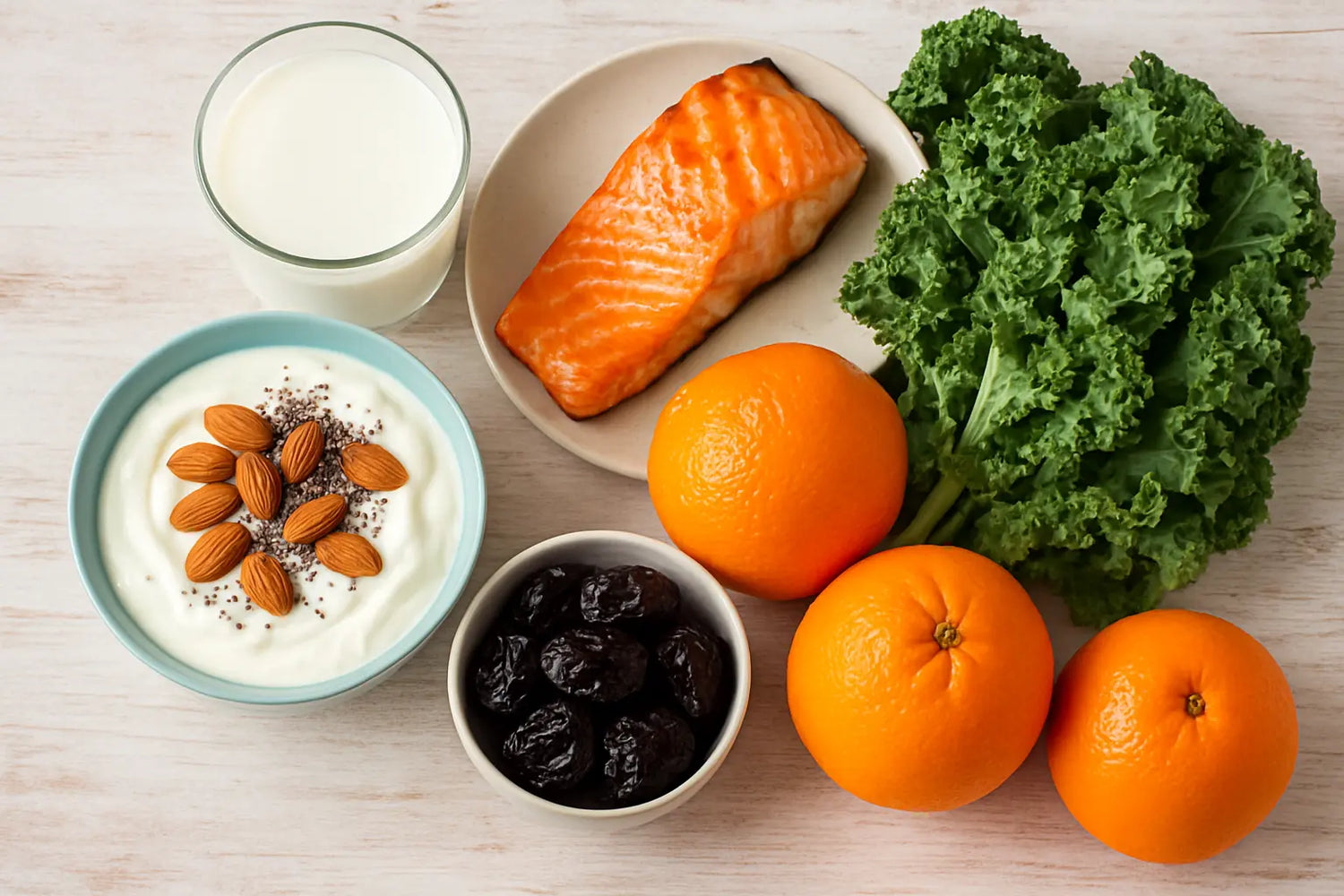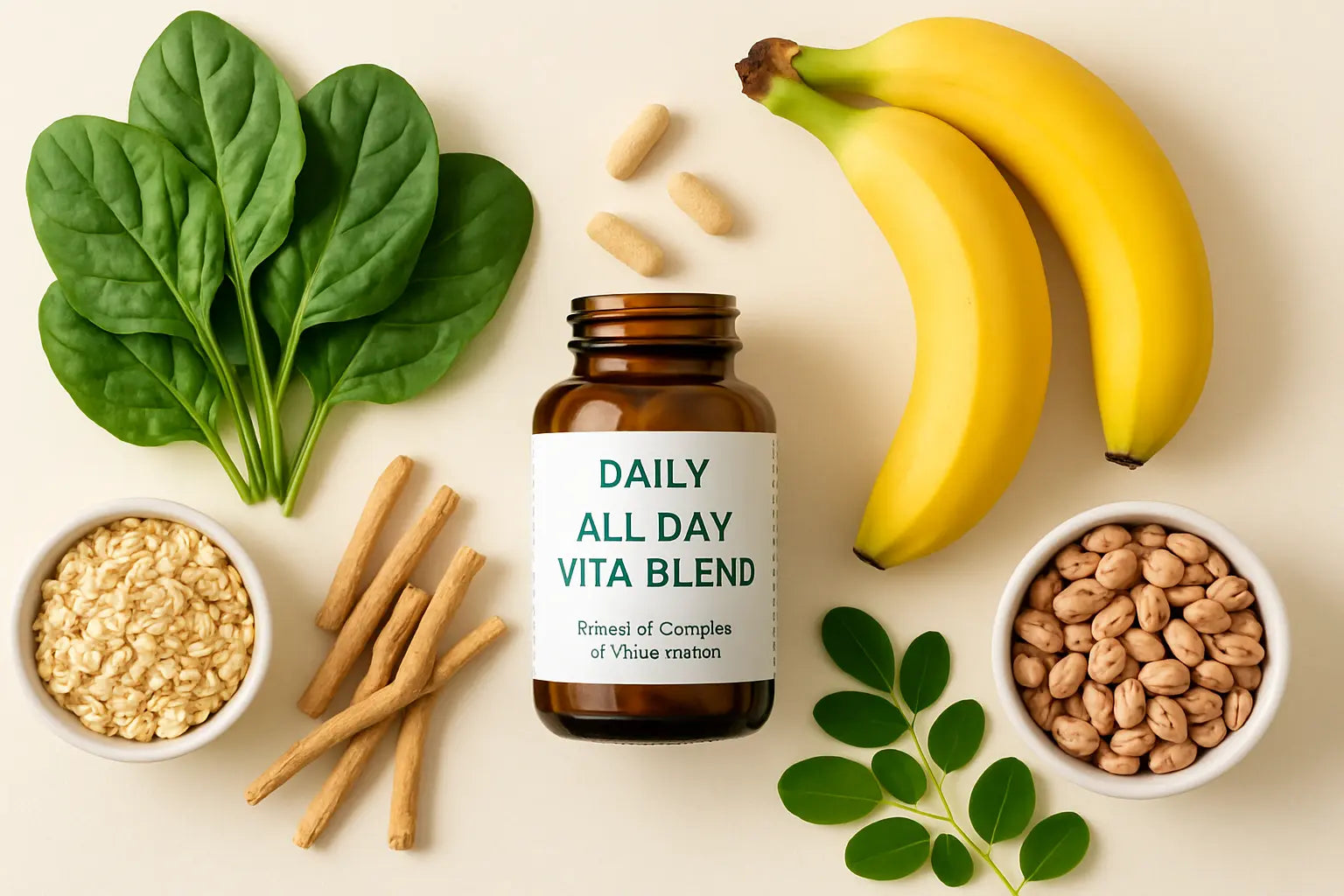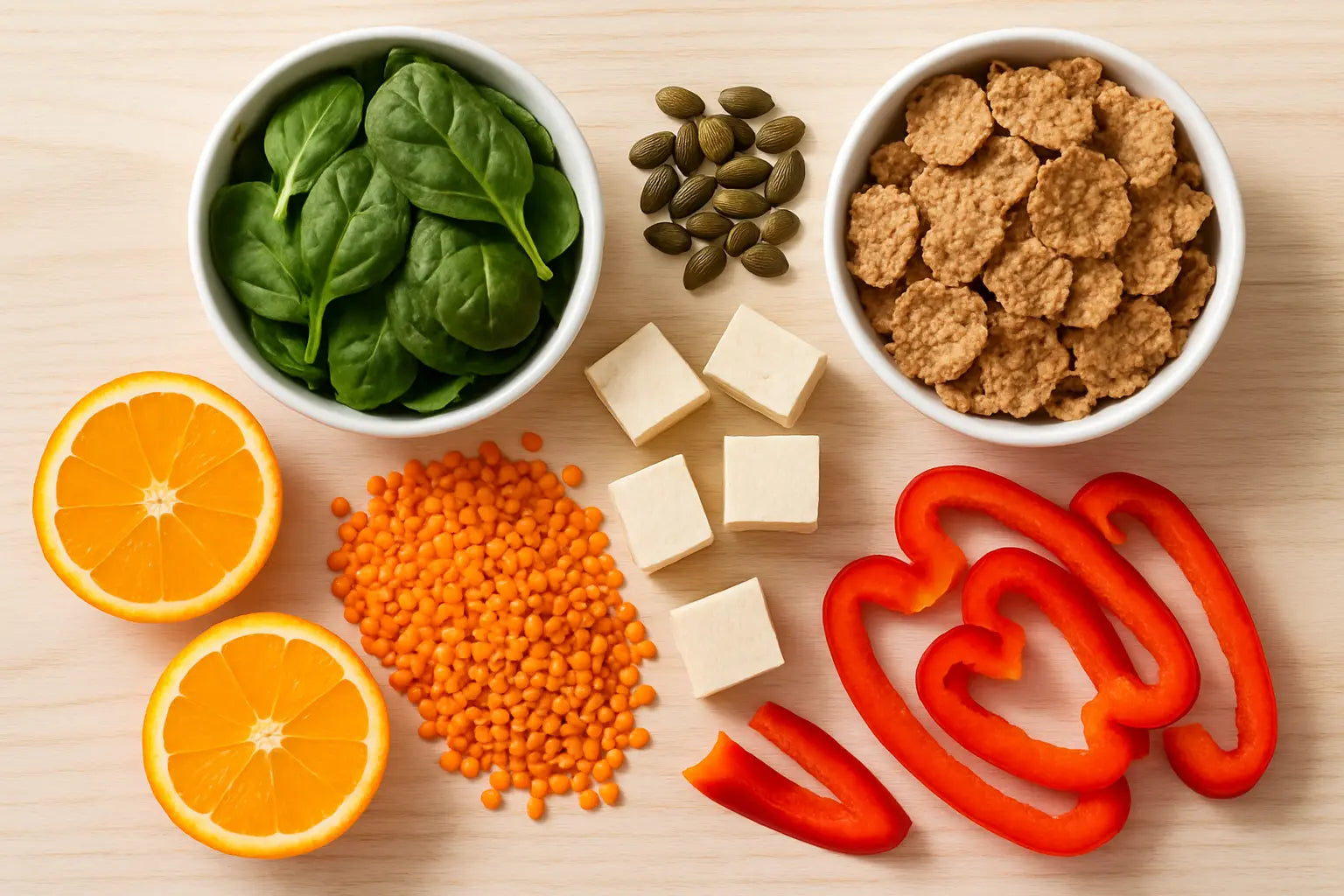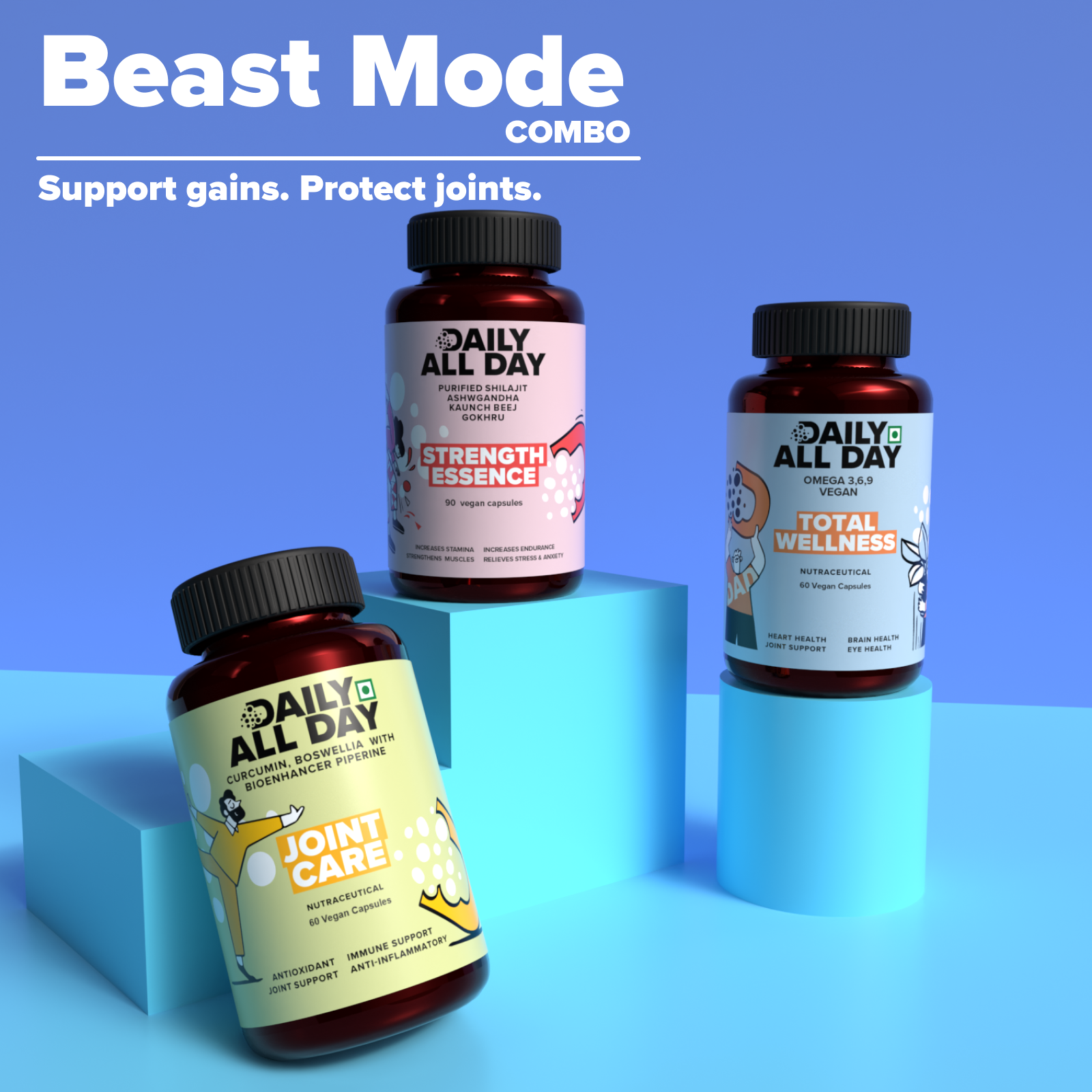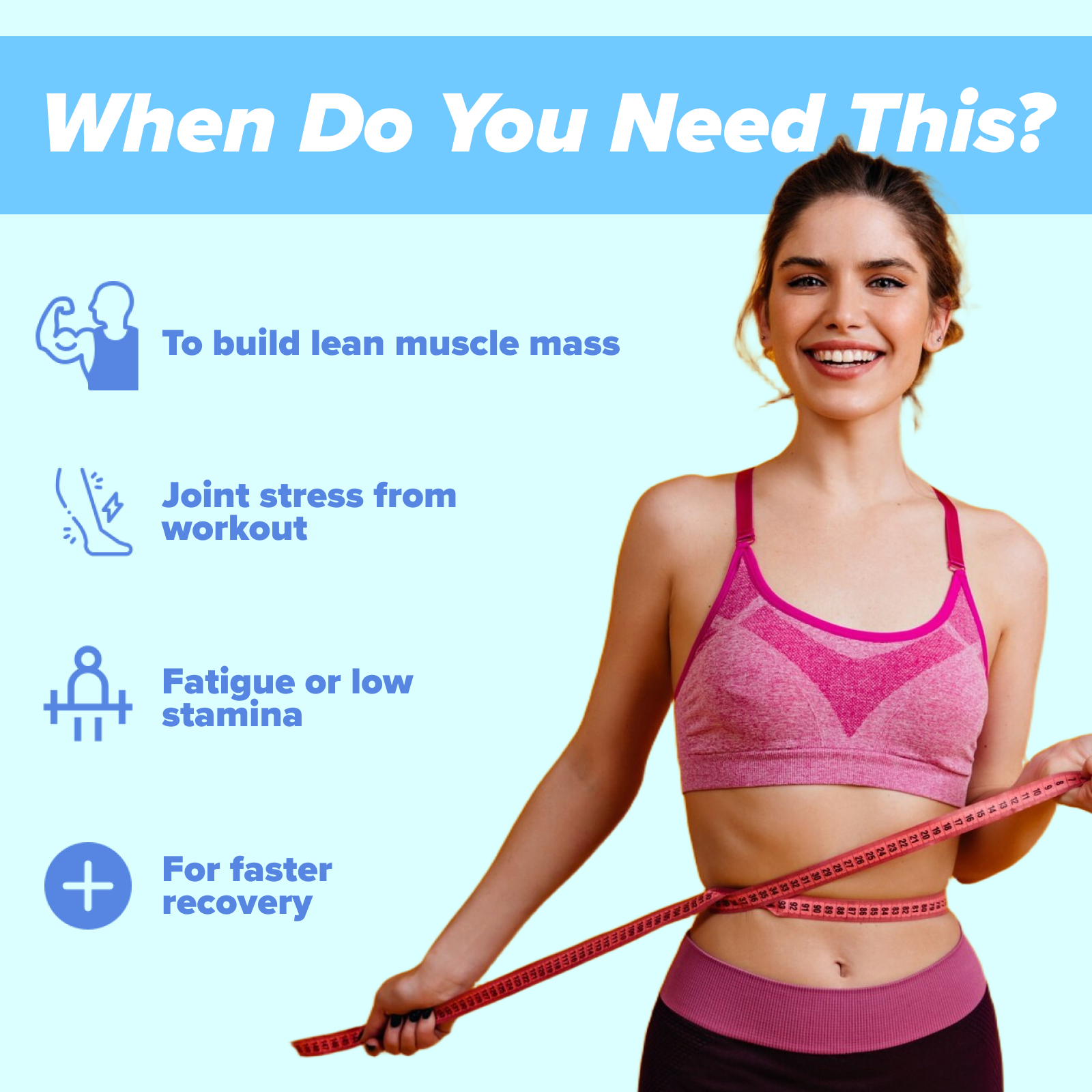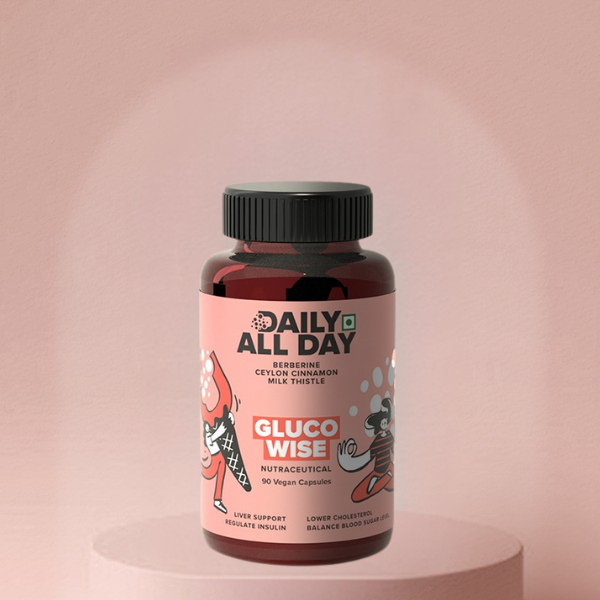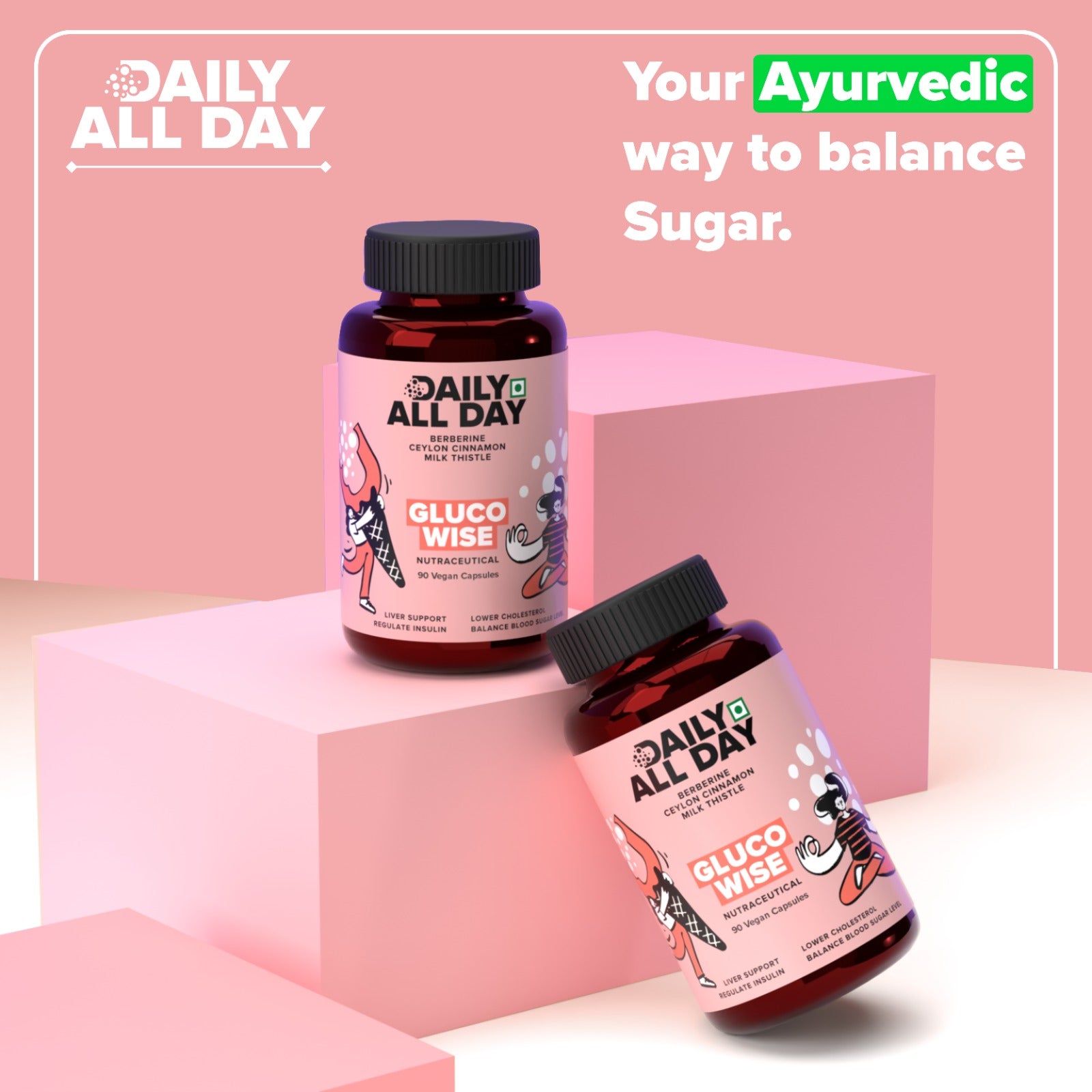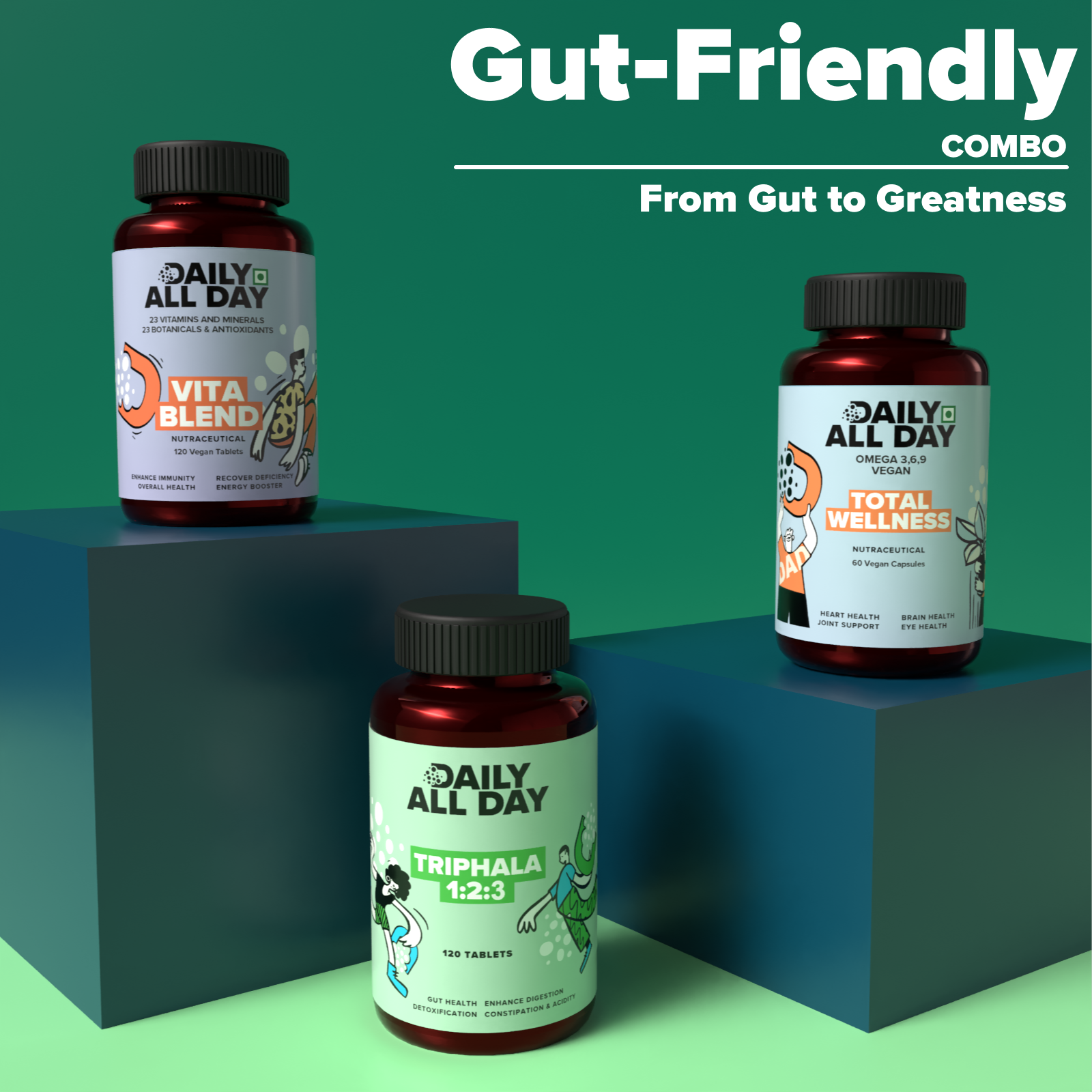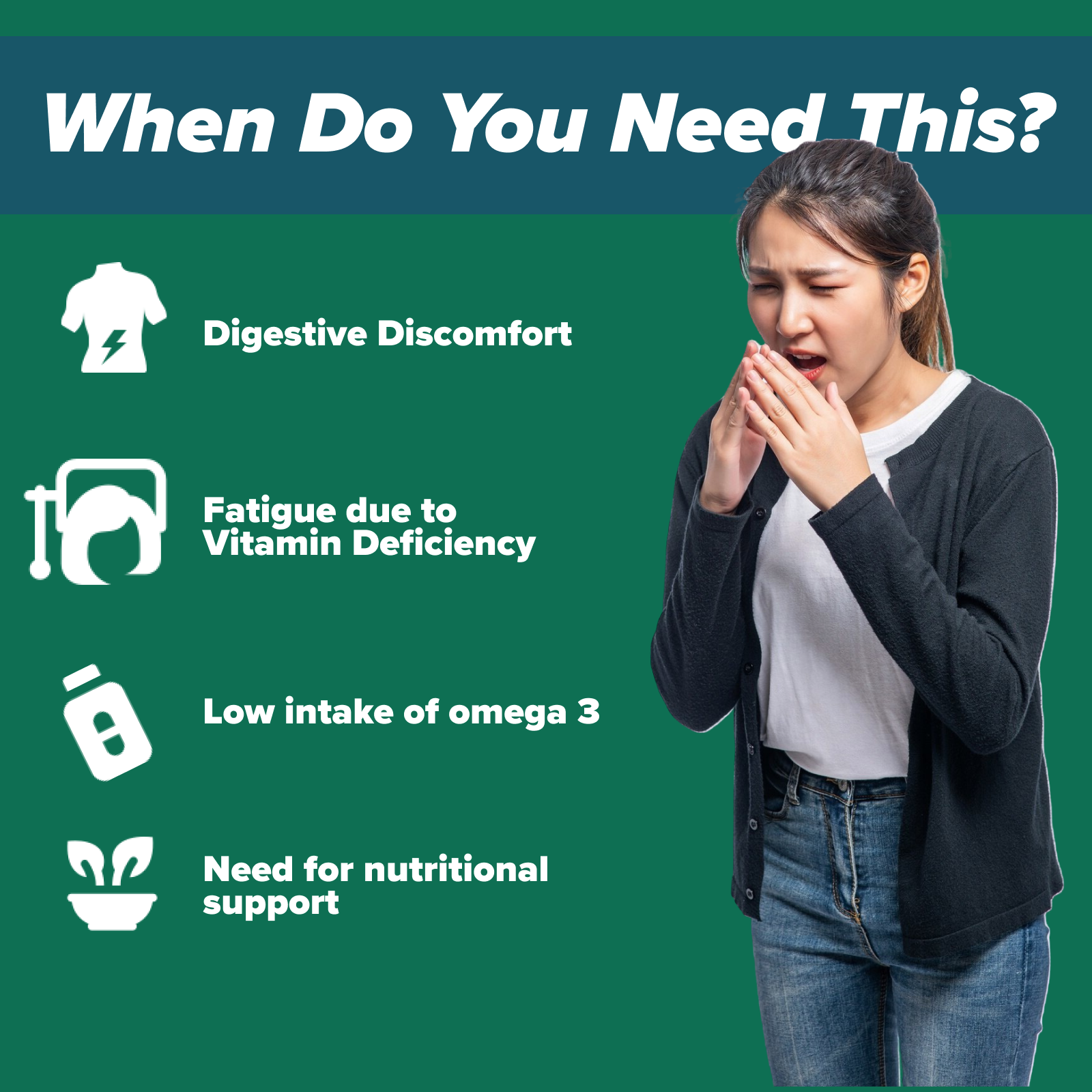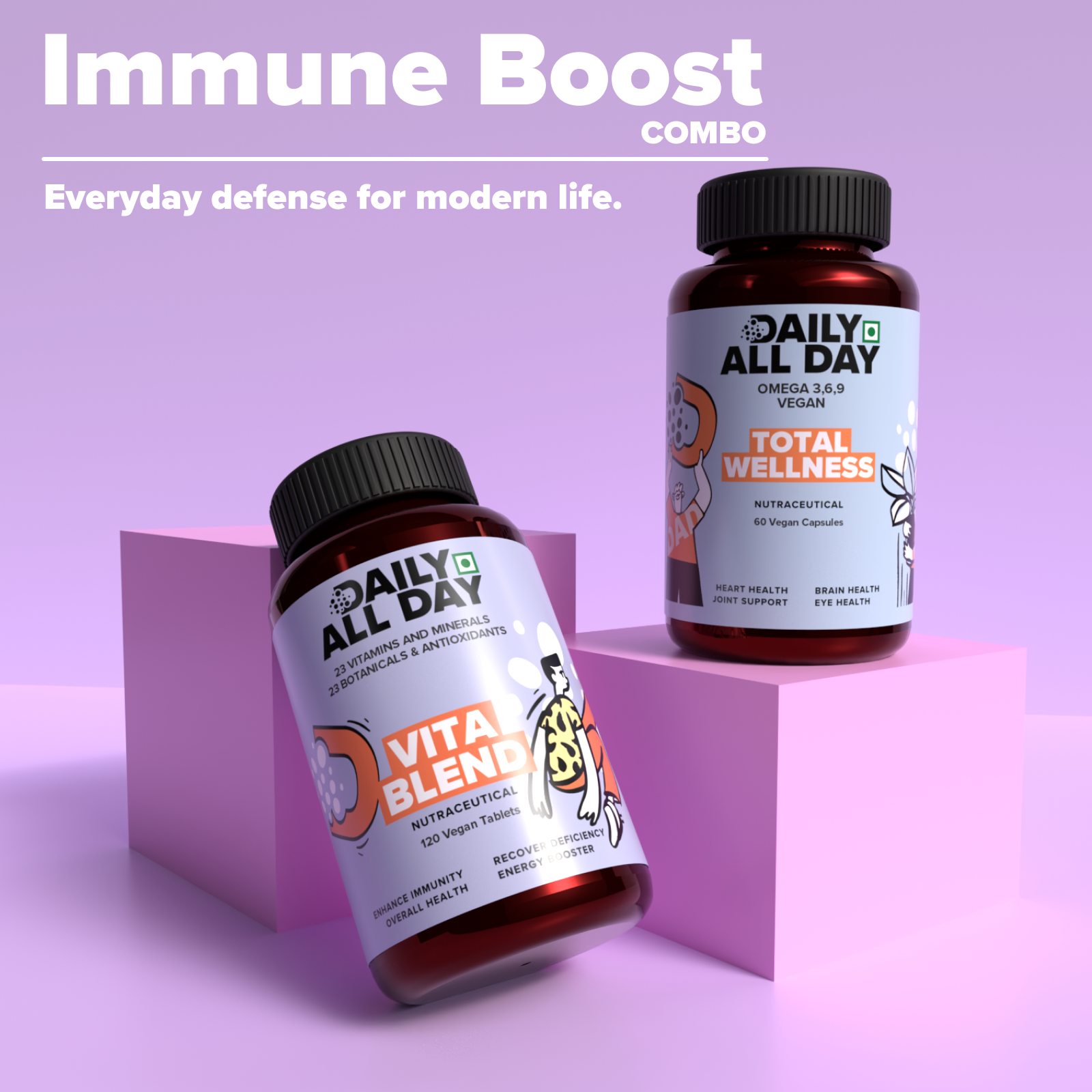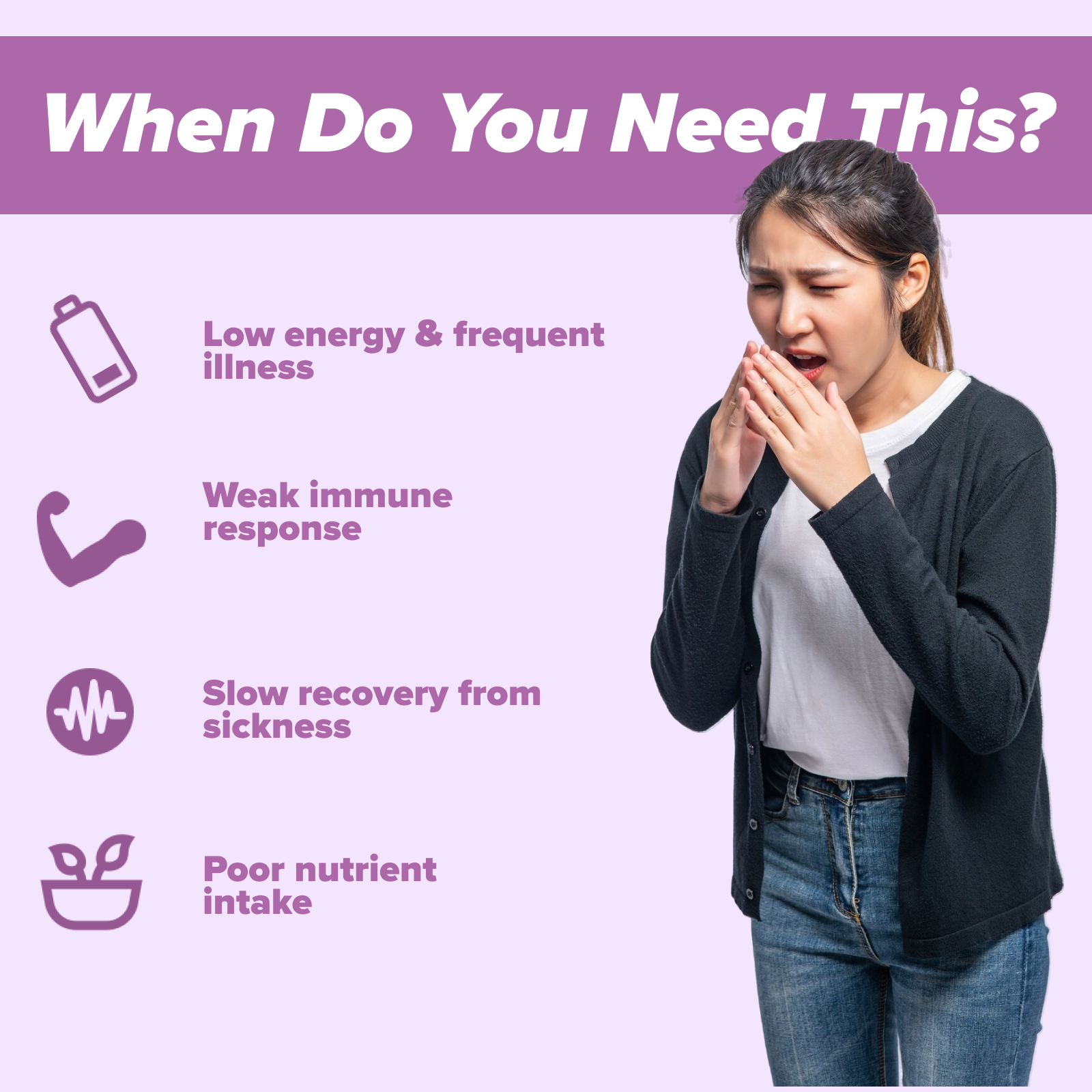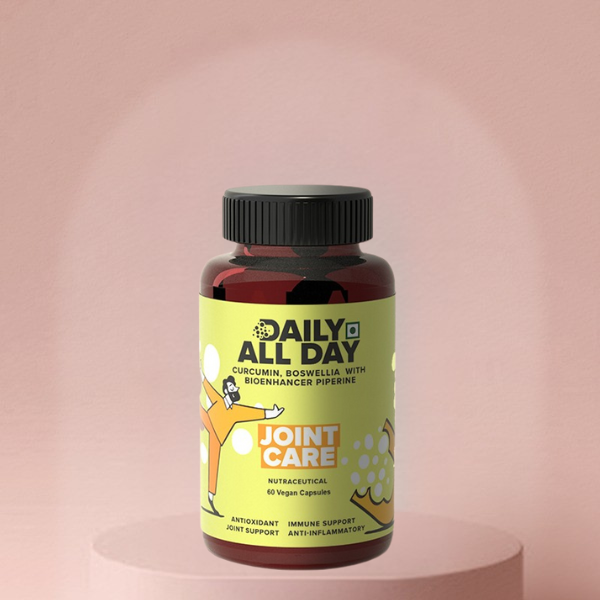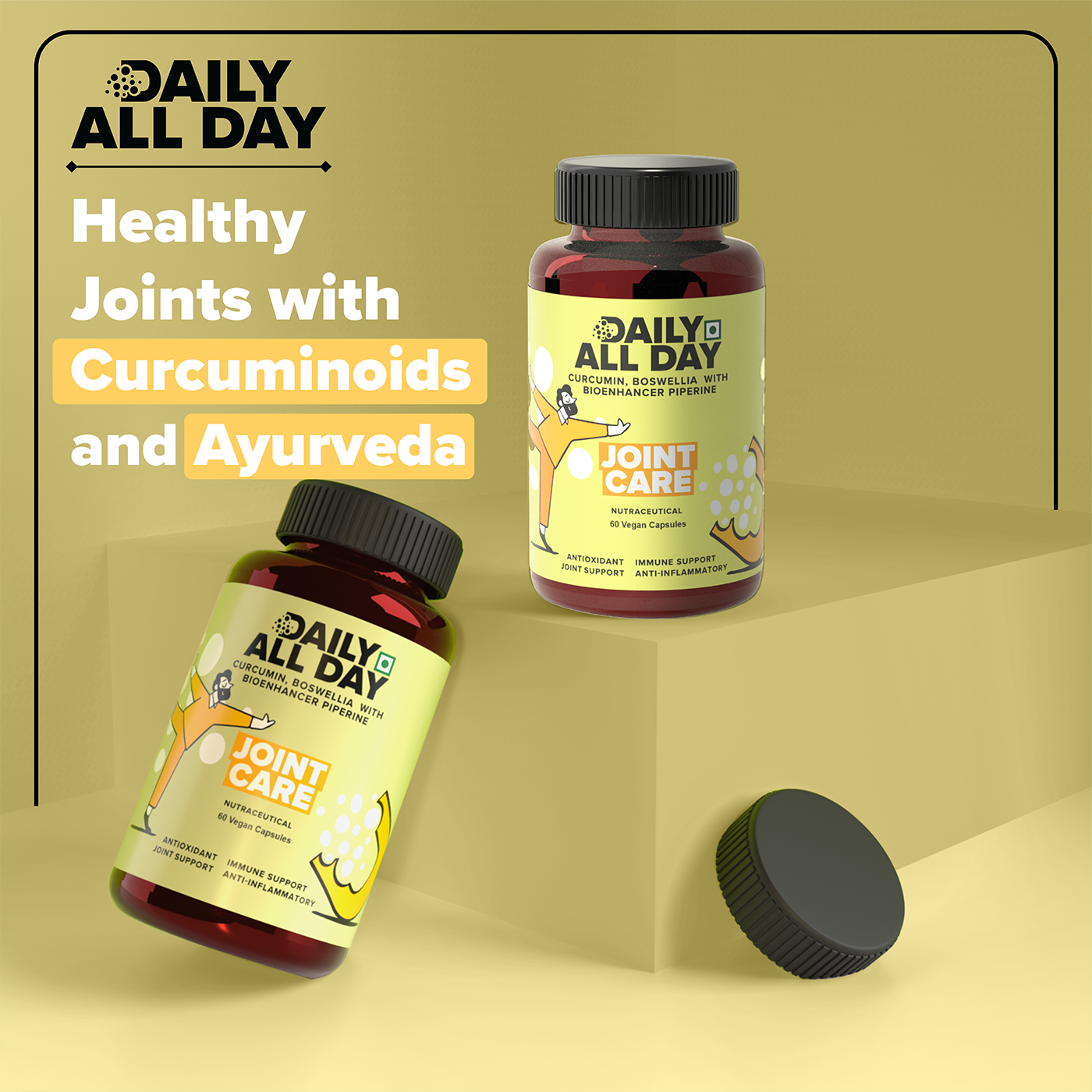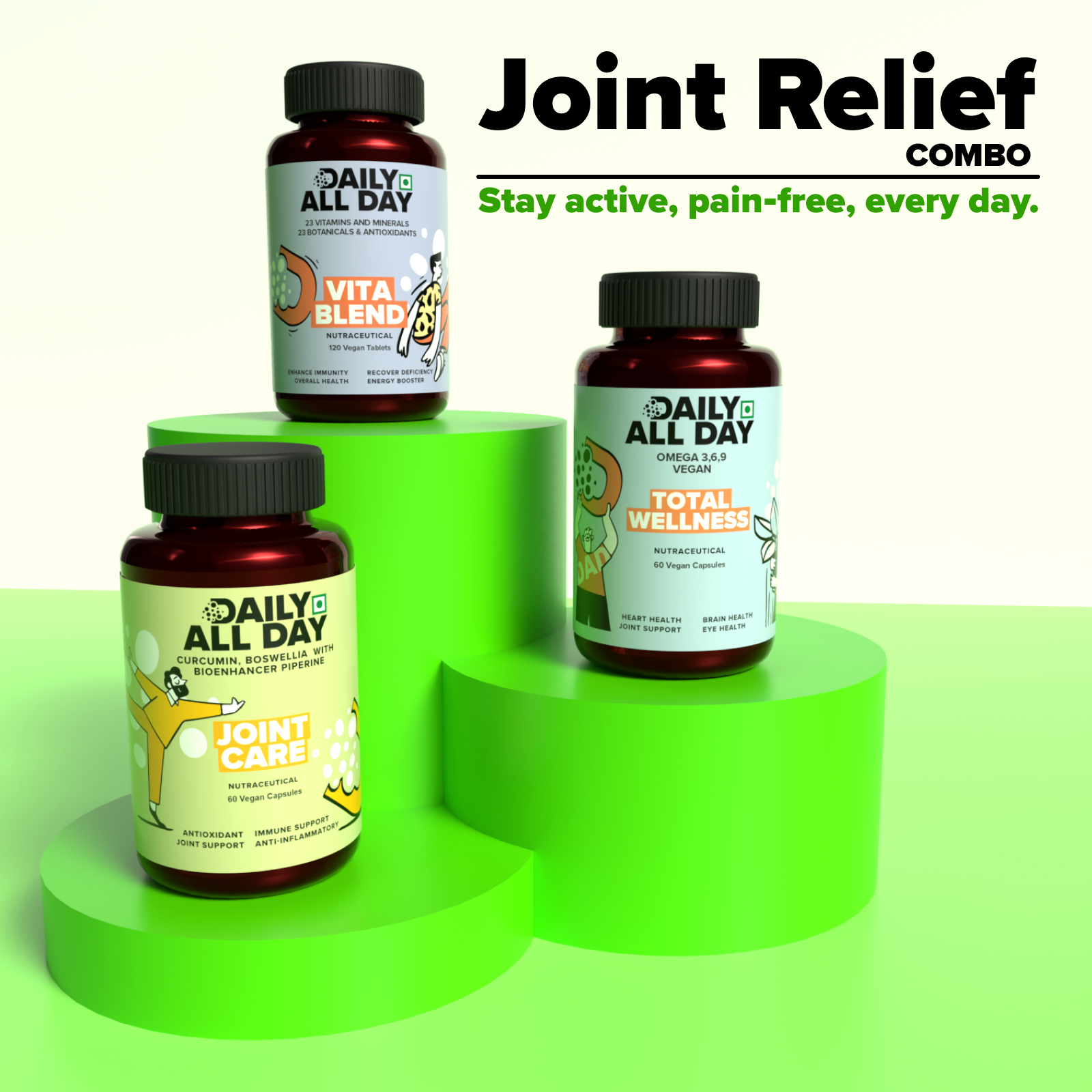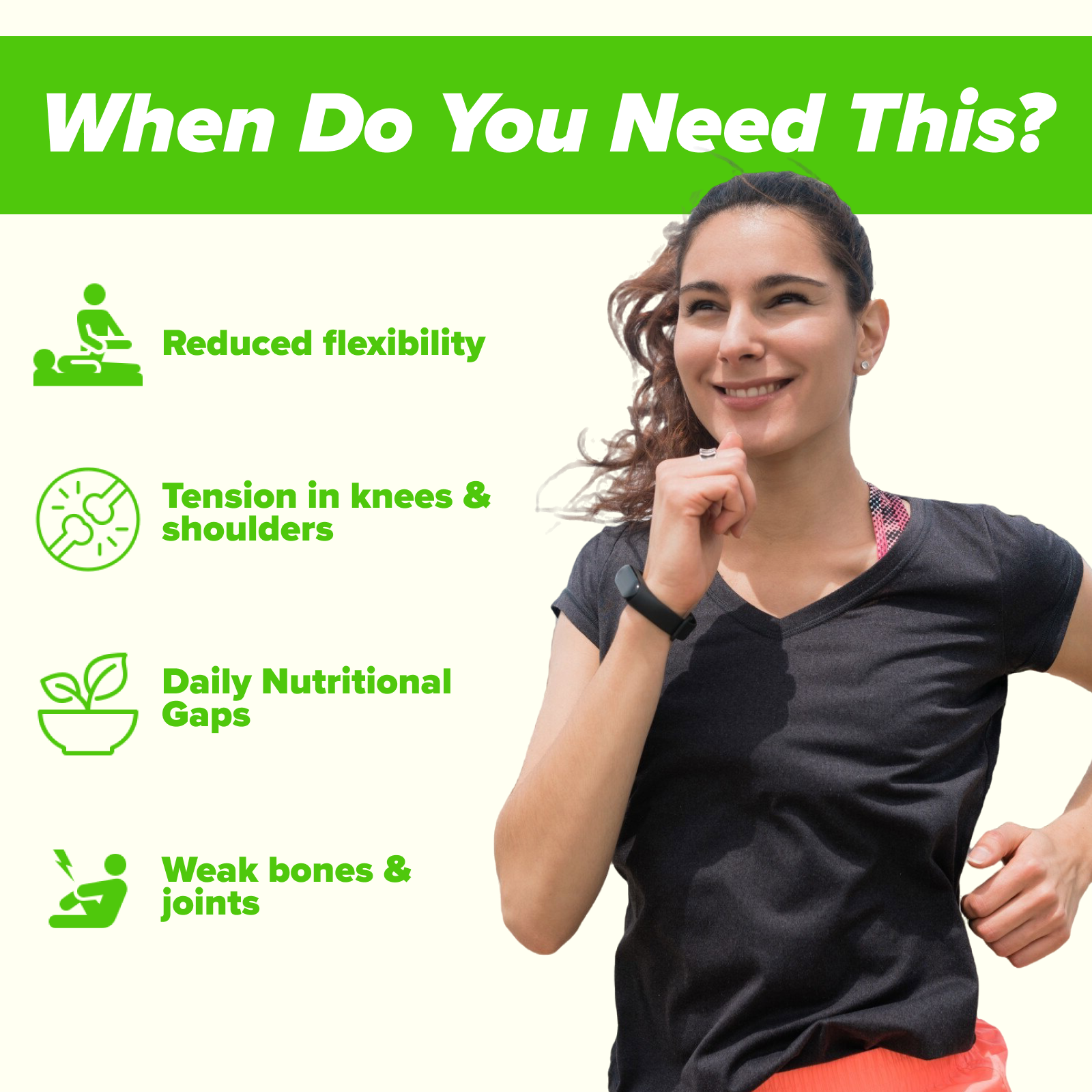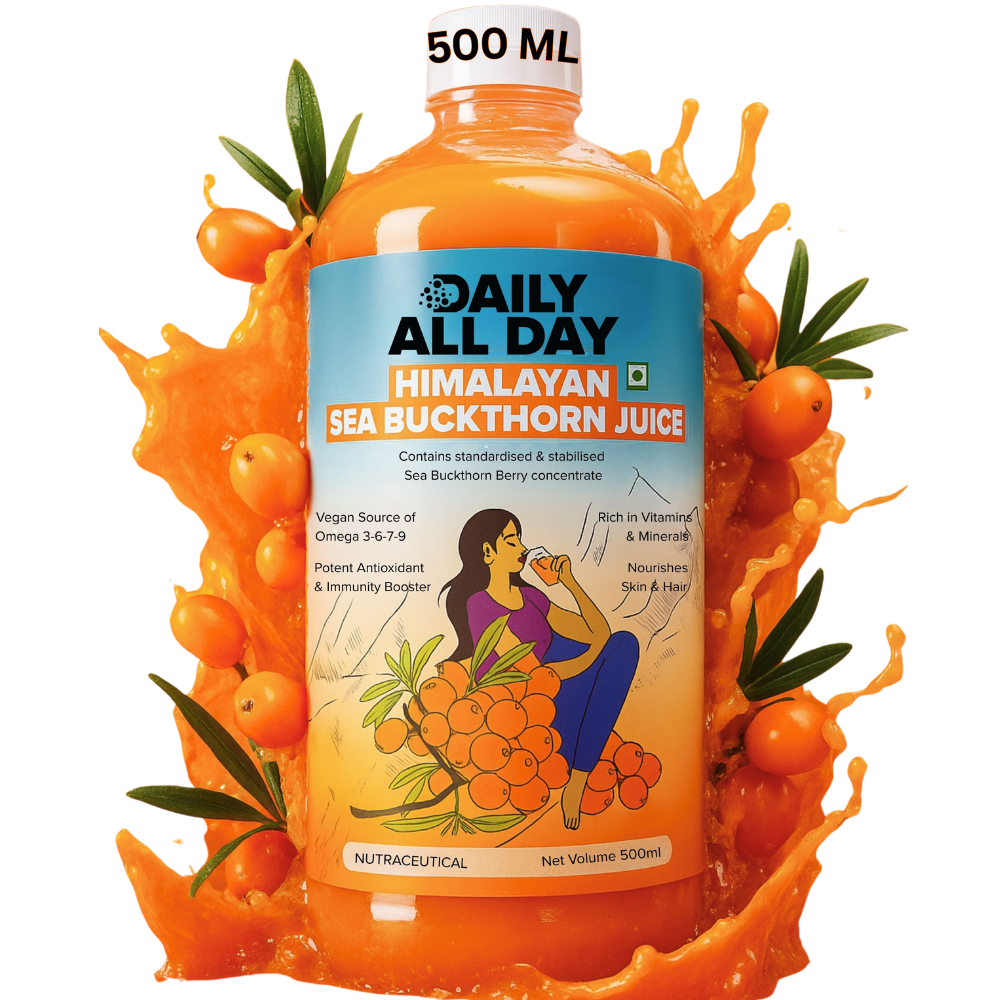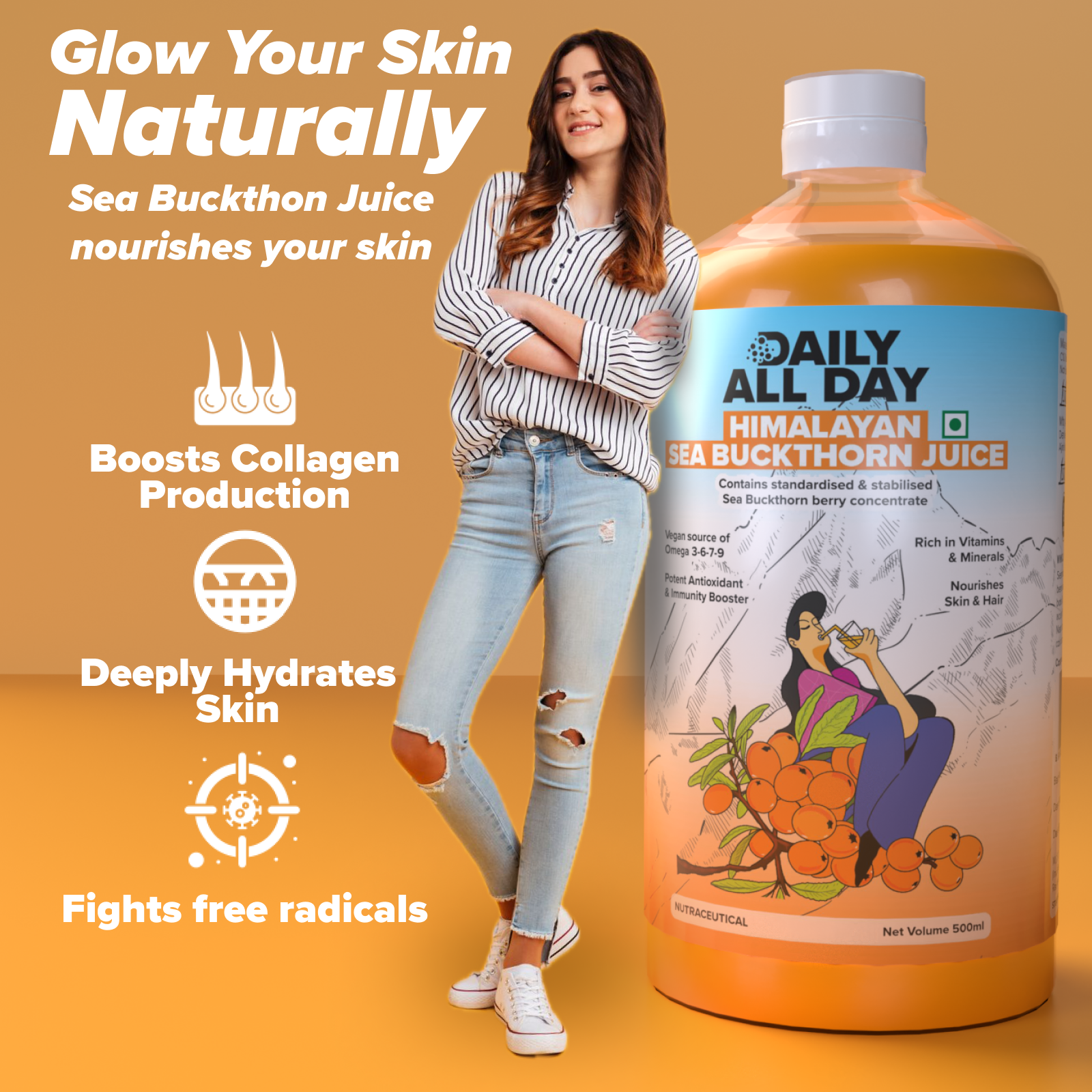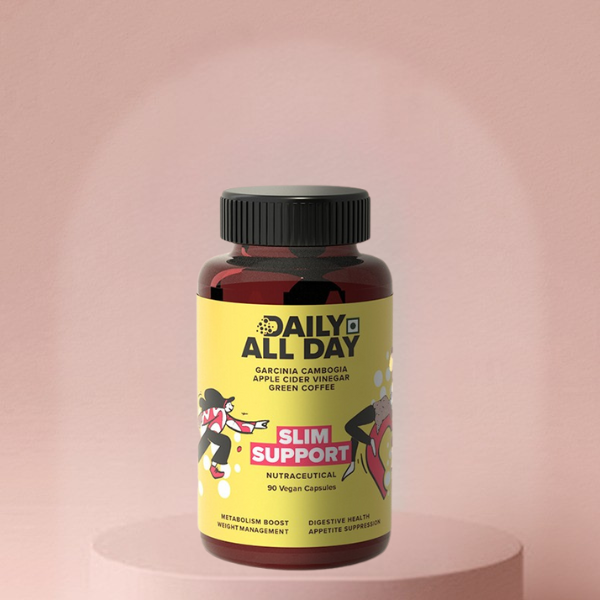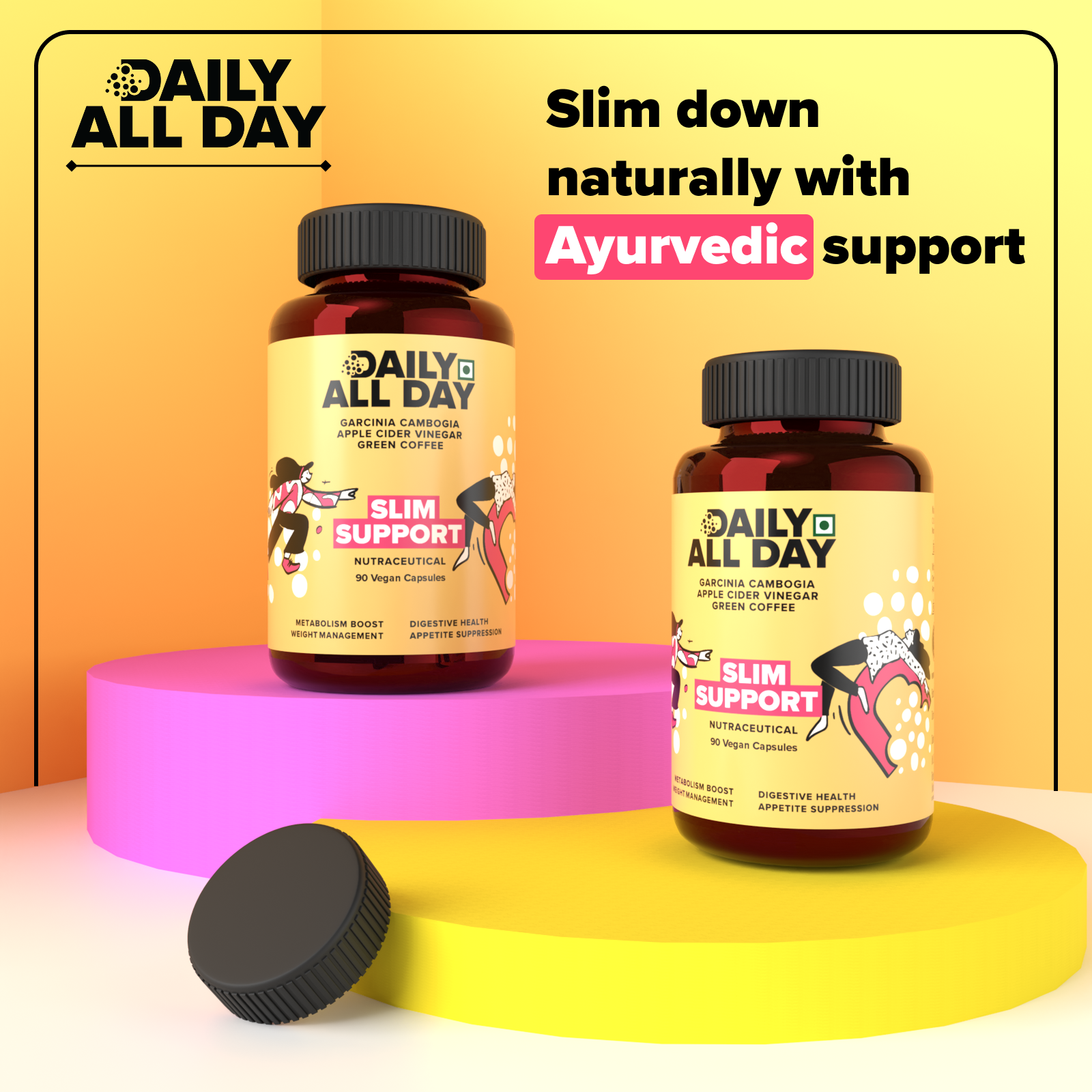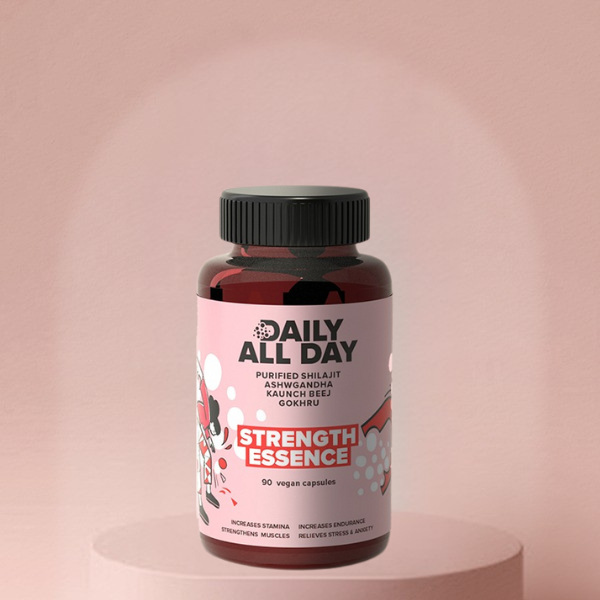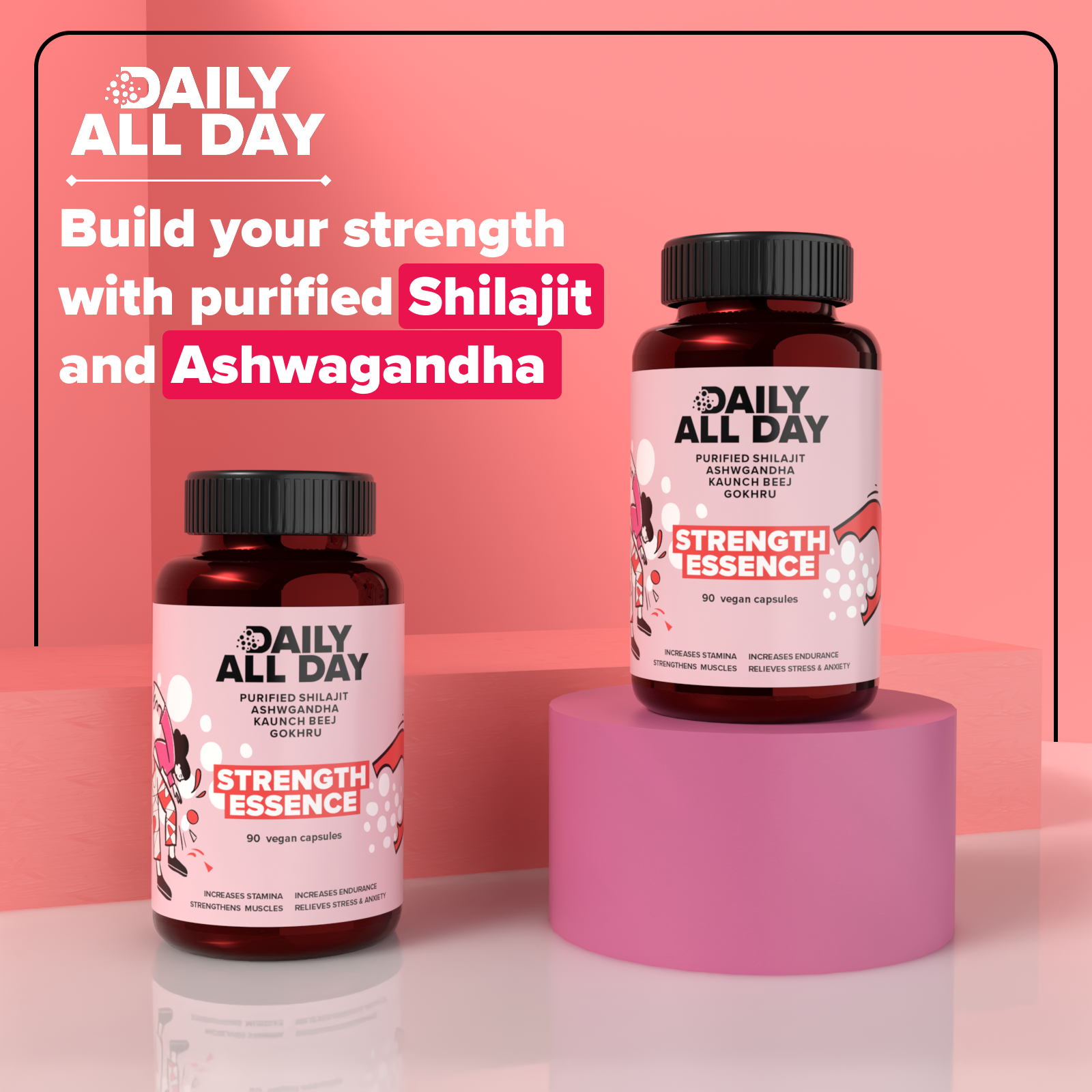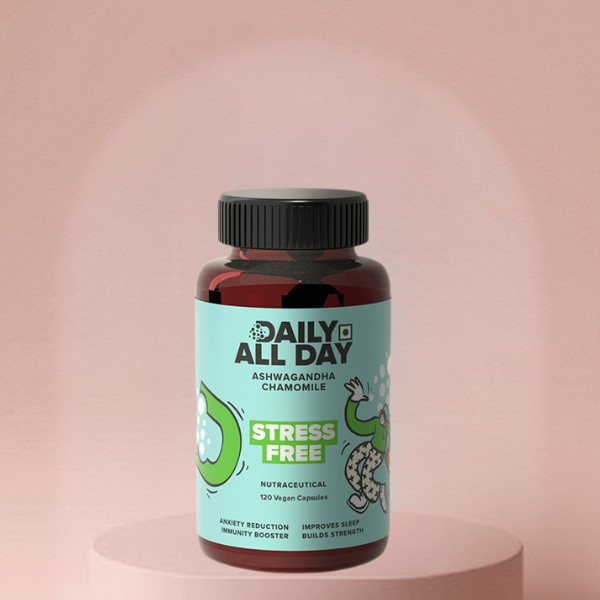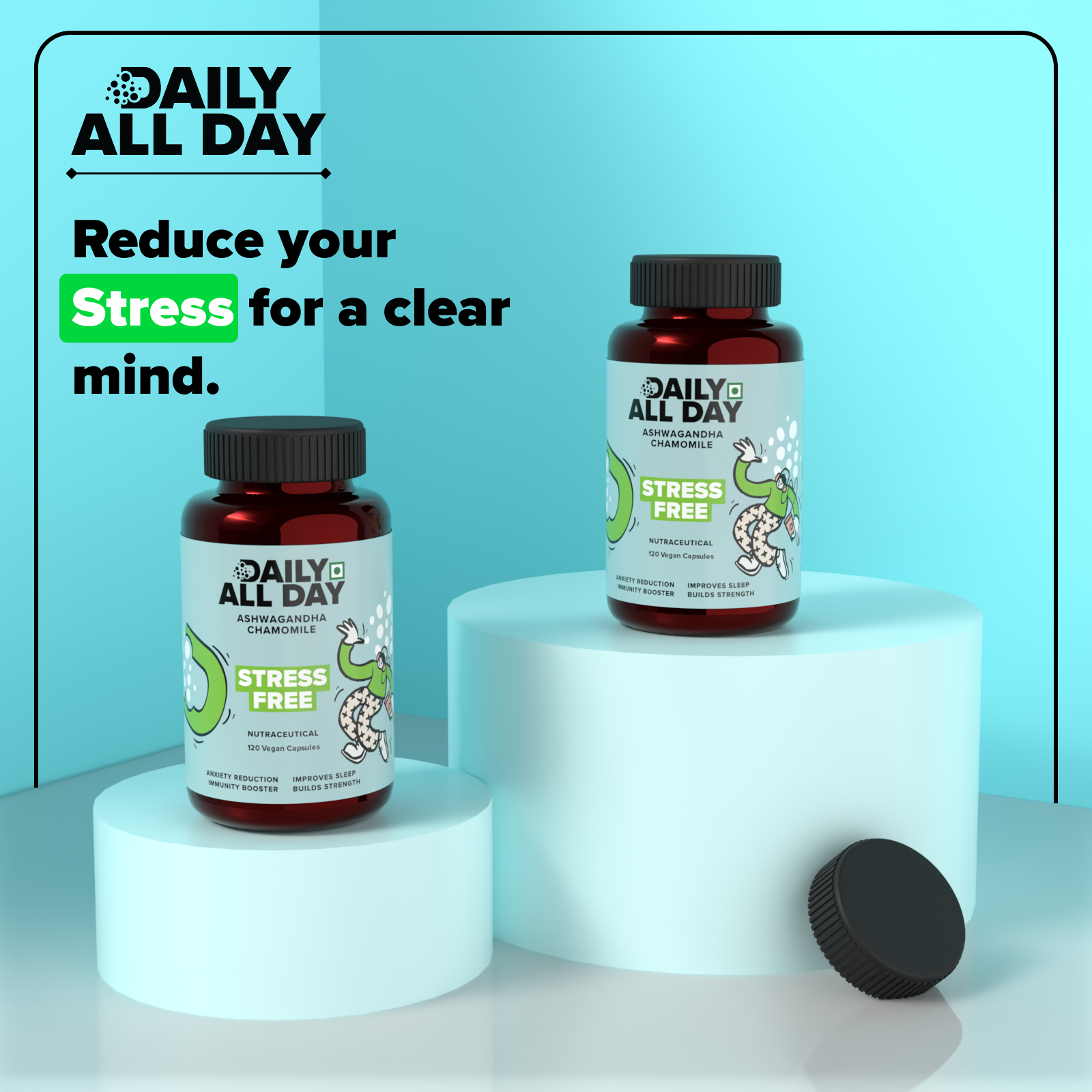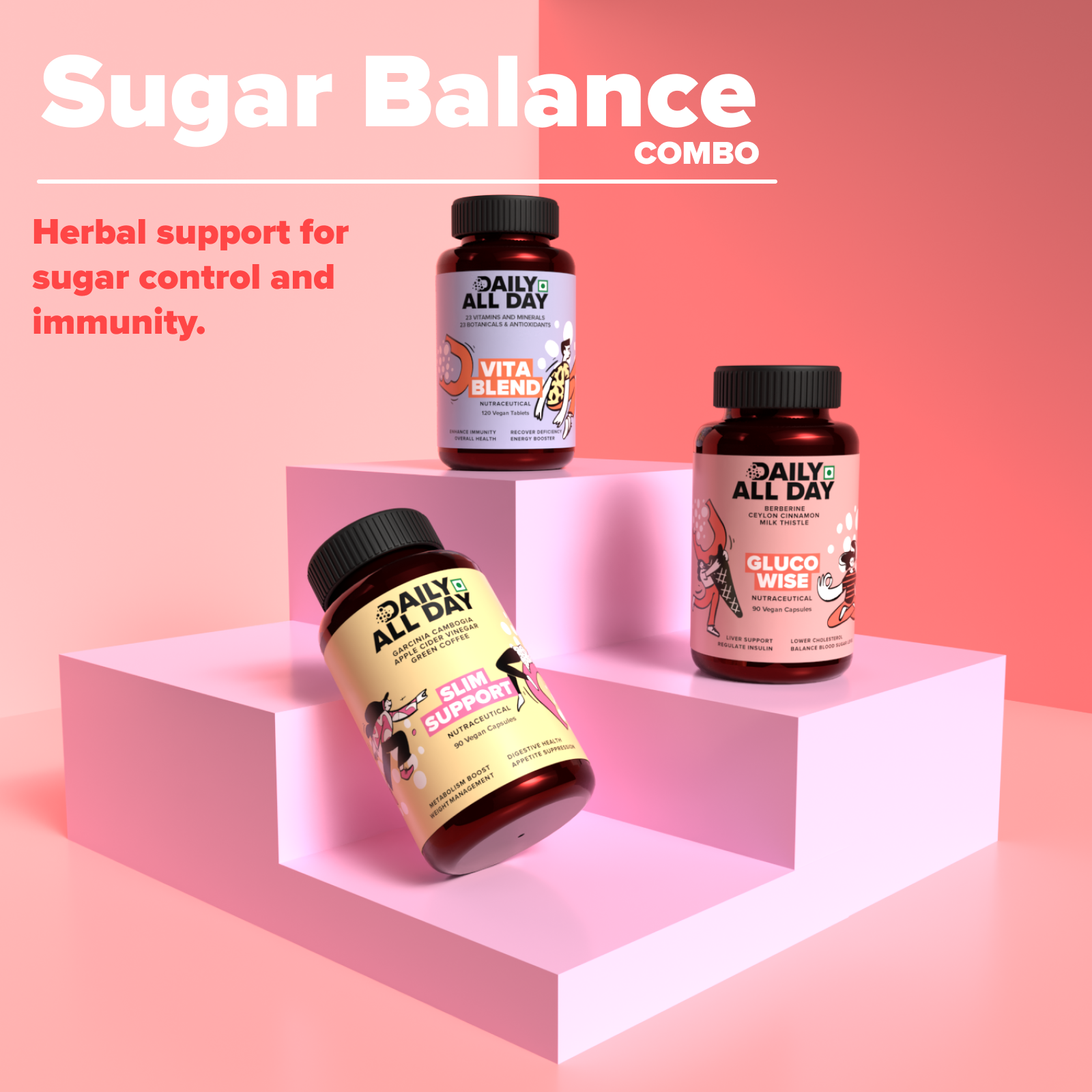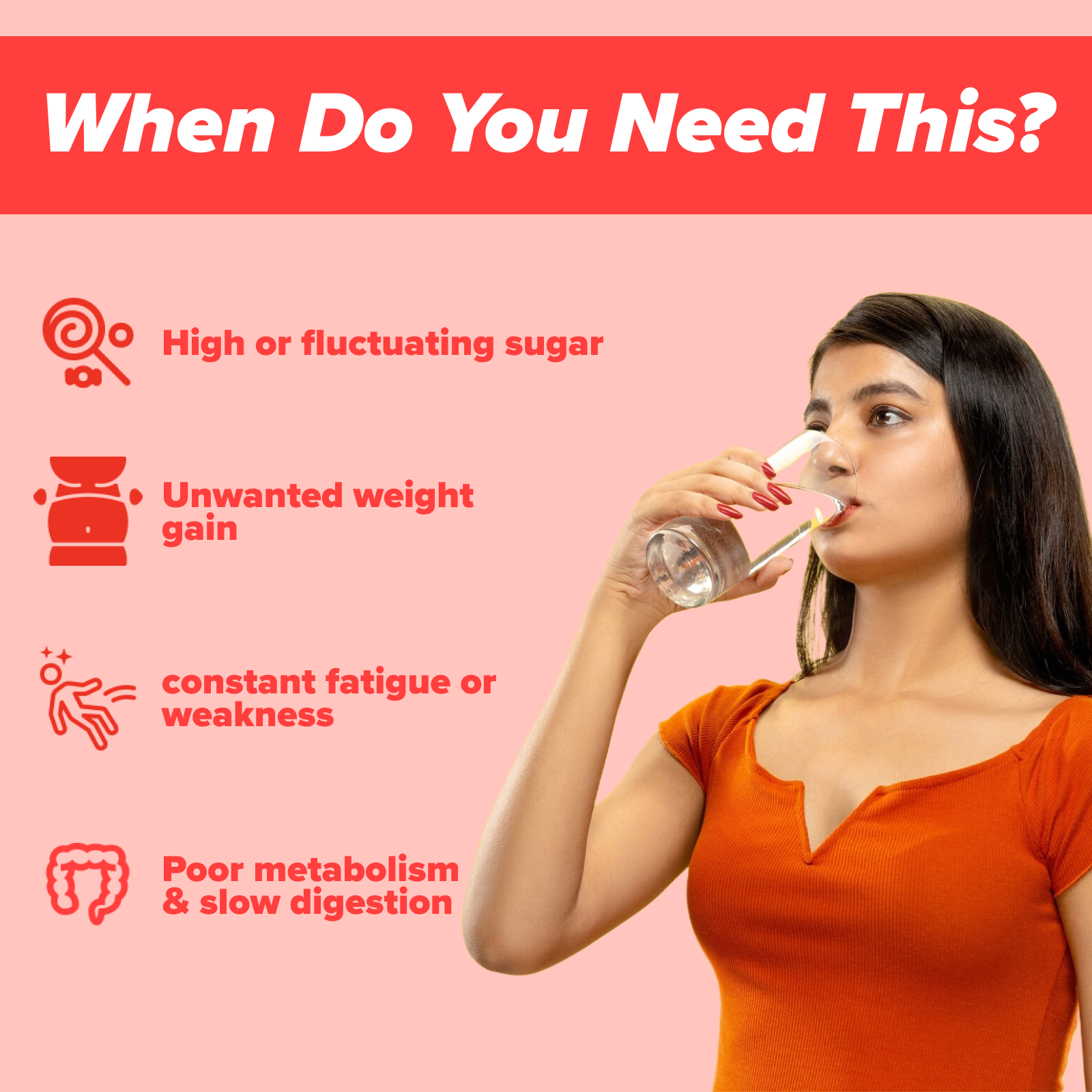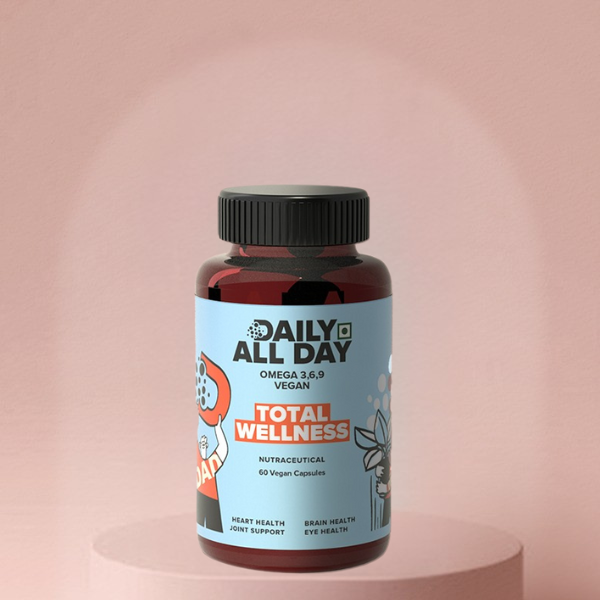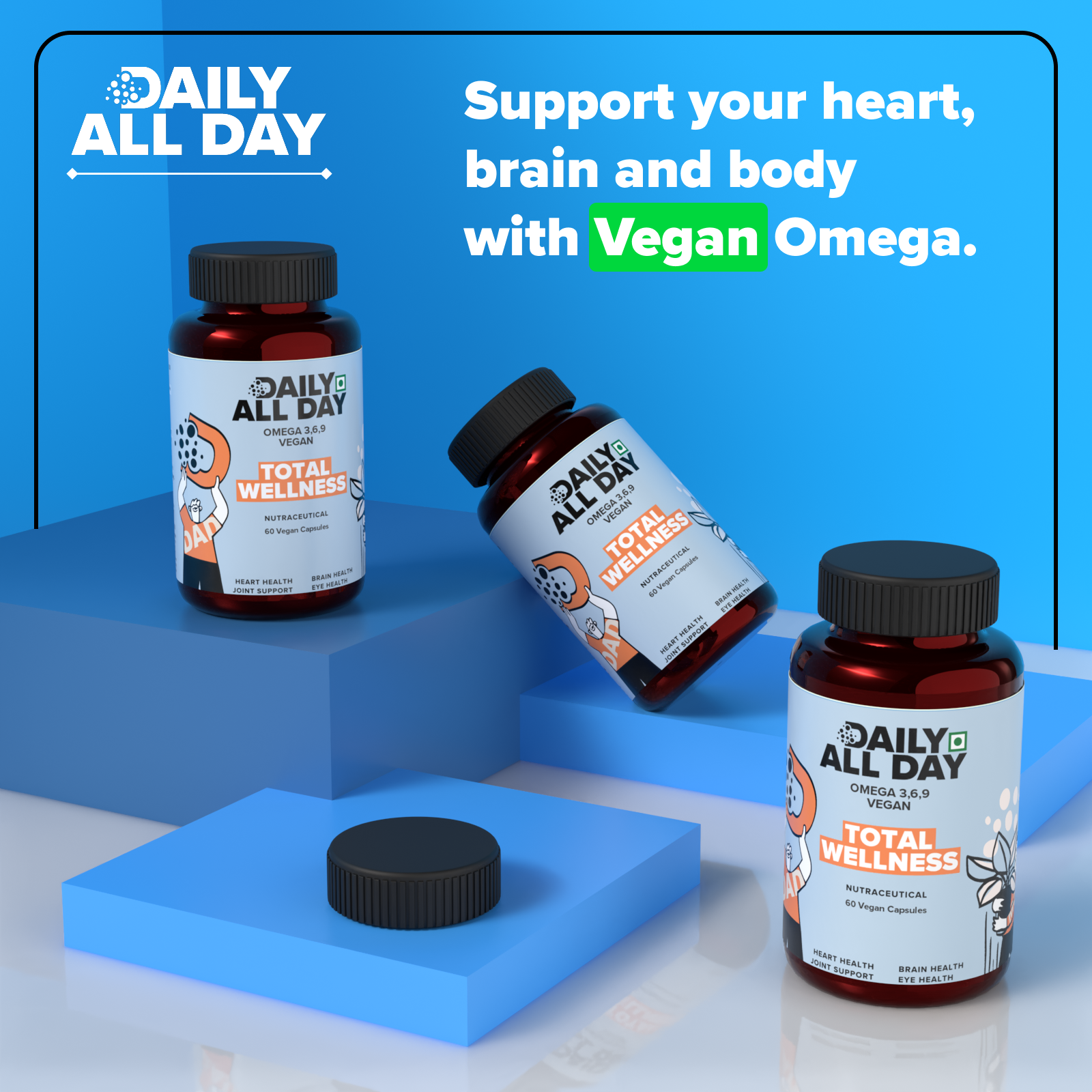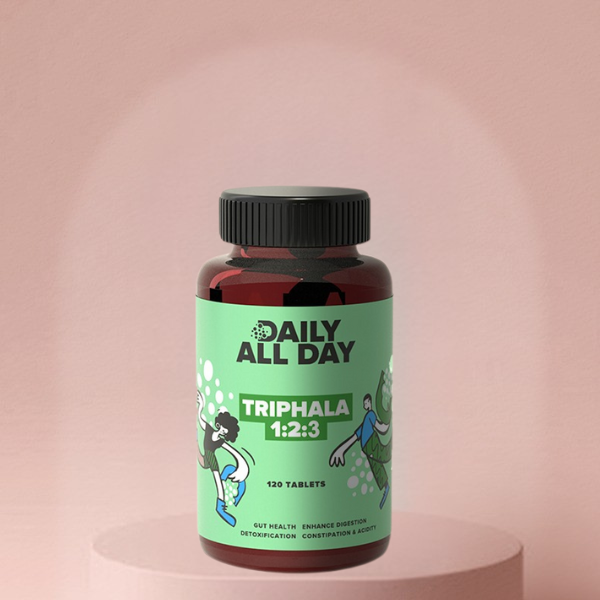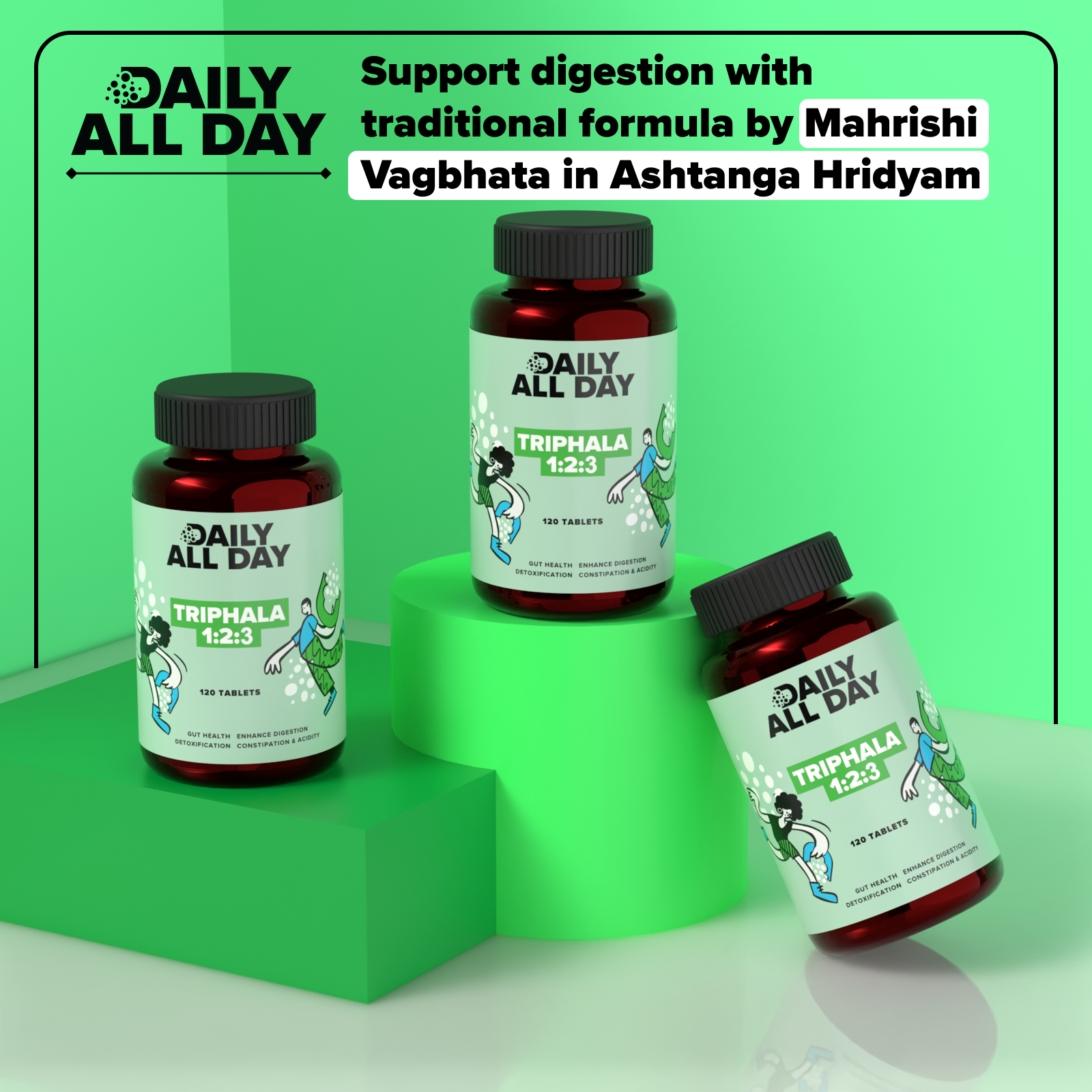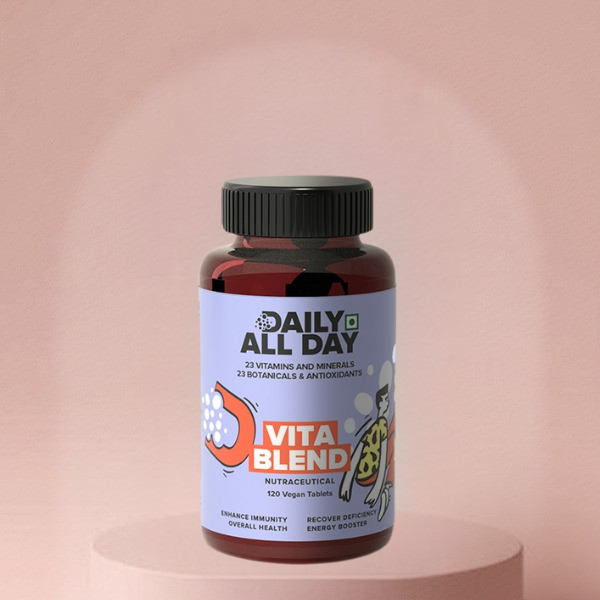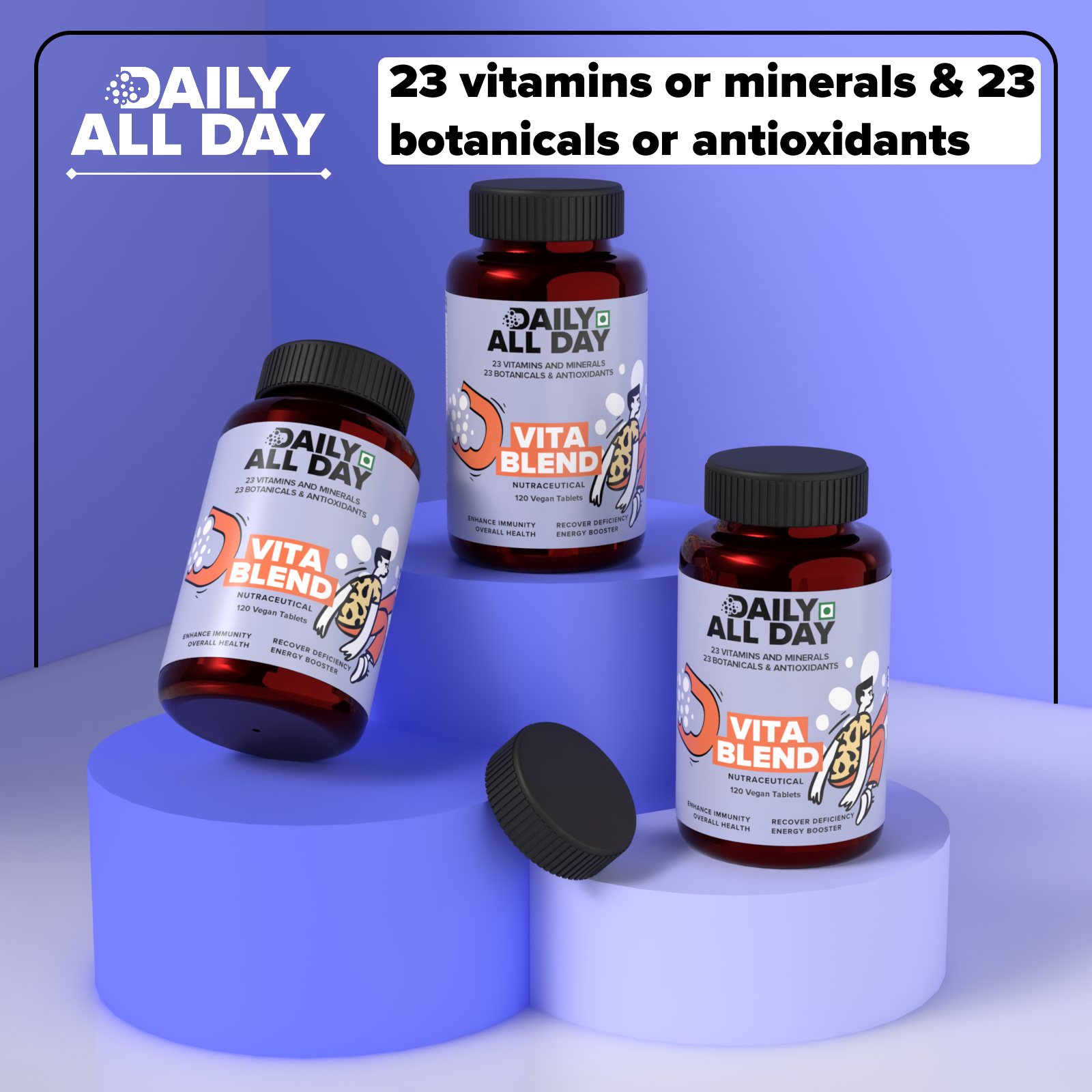I still remember my grandmother, a woman full of energy, who loved gardening. One afternoon, she tripped over a small stone in her beloved garden and ended up with a fractured hip. The doctors told us she had severe osteoporosis, a word that sounded scary and foreign at the time. Her bones had become so brittle that a simple fall had caused a major injury. That moment was a wake-up call for our entire family. It taught me that bone health isn't just for the elderly; it's a lifelong project that starts when we're young. Protecting your bones is like building a savings account for your future mobility and independence.
Table of Contents
- Why Your Bones Are a Big Deal
- Ingredients Deep Dive: The Superstars of Bone Health
- The Great Milk Debate: What Does Science Say?
- Your Shopping List for Bone-Friendly Foods
- Giving Your Bones an Extra Boost with Supplements
- Frequently Asked Questions
Why Your Bones Are a Big Deal
Think of your bones as the ultimate multitaskers. They give your body shape, protect your vital organs like your heart and brain, and act as anchors for your muscles, allowing you to move. They also store important minerals, especially calcium.
Your bones are not static; they are constantly changing. Your body is always breaking down old bone and building new bone in a process called remodeling. When you're young, you build bone faster than you lose it, reaching what is called "peak bone mass" around age 30. After that, you start losing bone mass slightly faster than you gain it.
This is where osteoporosis comes in. It's a condition that makes bones weak and fragile, making them more likely to break. How much bone mass you build by age 30 and how quickly you lose it afterward determines your risk. A good osteoporosis treatment plan often starts with prevention through diet and lifestyle.
Ingredients Deep Dive: The Superstars of Bone Health
Building strong bones is like building a strong house. You need the right materials. For your bones, the most important materials are certain vitamins and minerals.
Calcium: The Primary Building Block
About 99% of the calcium in your body is stored in your bones and teeth. It’s the main mineral that gives them strength and hardness. If you don't get enough calcium from your diet, your body will take it from your bones, weakening them over time.
- How much do you need? Most adults need about 1,000 mg of calcium per day. This increases to 1,200 mg for women over 50 and men over 70.
- Where to find it: Dairy products (milk, yogurt, cheese), dark green leafy vegetables (kale, broccoli), canned salmon with bones, and calcium-fortified foods like tofu, orange juice, and cereals.
Vitamin D: The Gatekeeper for Calcium
Vitamin D is just as important as calcium because your body needs it to absorb calcium from your food. You can get all the calcium in the world, but without enough Vitamin D, it won't do your bones much good.
- How much do you need? Most adults need 600 international units (IUs) of Vitamin D per day, which goes up to 800 IUs for adults over 70.
- Where to find it: The best source is sunlight! Your skin produces Vitamin D when exposed to the sun. You can also find it in fatty fish (salmon, tuna), egg yolks, and fortified milk and cereals.
Other Important Nutrients
- Magnesium and Potassium: These minerals help your body maintain calcium balance. Find them in foods like spinach, potatoes, sweet potatoes, bananas, and nuts.
- Vitamin K: Helps make proteins that are essential for bone formation. It's abundant in leafy greens like kale, spinach, and Brussels sprouts.
- Omega-3 Fatty Acids: These healthy fats have anti-inflammatory properties that are great for joint health. When your joints feel good, you're more likely to stay active, which is key for strong bones. Find them in fatty fish, flaxseeds, and walnuts.
The Great Milk Debate: What Does Science Say?
For generations, we've heard the slogan: "Got Milk?" We've been told it builds strong bones. But is it the whole story? Let's look at what people are discussing online, based on some popular Quora questions.
- The Traditional View: Many still stand by milk as a top source of calcium. As one Quora user mentions, "Milk, fresh and aged cheeses, yogurt are the foods that provide the most calcium." This is true; dairy is a convenient and calcium-rich option for many.
- The Counterargument: Some argue that the milk-bone connection is overblown. One popular Quora response states, "Milk is not 'good for your bones'. That's really misinformation created by the milk industry." This perspective suggests that other factors are more important.
- The Missing Pieces: A more balanced view, highlighted in another discussion, is that calcium alone isn't enough. A user explains, "But for bone to be strong, we need enough vitamin D3 on board, vitamin K2 and calcium." This highlights that bone health is a team effort involving multiple nutrients. Simply drinking milk without enough Vitamin D won't solve the problem.
- The Verdict? Milk can be a great source of calcium if you tolerate it well. However, it's not a magic bullet. Your focus should be on getting enough calcium from a variety of sources, ensuring you also have adequate Vitamin D, and eating a balanced diet full of fruits and vegetables.
Your Shopping List for Bone-Friendly Foods
Ready to stock your kitchen for better bone health? Here's a simple list to get you started:
- Dairy or Dairy Alternatives: Low-fat milk, yogurt, and cheese. If you're lactose intolerant, go for almond milk, soy milk, or orange juice fortified with calcium and Vitamin D.
- Leafy Greens: Kale, collard greens, turnip greens, and broccoli.
- Fatty Fish: Salmon, sardines, and tuna are packed with Vitamin D and Omega-3s.
- Lean Proteins: Chicken, beans, and tofu.
- Nuts and Seeds: Almonds and chia seeds are good sources of calcium and magnesium.
- Fruits: Prunes, oranges, and bananas provide potassium and other important vitamins.
Giving Your Bones an Extra Boost with Supplements
Even with the best diet, it can sometimes be hard to get all the nutrients you need. This is where high-quality supplements can fill the gaps, especially for joint support, which is crucial for staying active.
For Joint Comfort and Mobility: Daily All Day Joint Care
Strong bones need healthy joints to function properly. If joint pain stops you from exercising, it can indirectly harm your bones. Daily All Day Joint Care is designed to support your joints naturally.
- Key Ingredients: It features Turmeric Root Extract and its active compound, Curcumin, which are famous for their anti-inflammatory powers. Boswellia Serrata helps reduce inflammation, while Piperine (from black pepper) ensures your body absorbs all these amazing ingredients effectively.
- Benefits: This 100% vegetarian formula helps reduce joint pain and inflammation, supports cartilage health, and can ease discomfort in the knees and back. It's a great way to keep your joints lubricated and mobile.
For Overall Wellness: Daily All Day Total Wellness Omega 3 6 9
Essential fatty acids are champions of overall health, and their benefits extend to your joints and bones. Daily All Day Total Wellness Omega 3 6 9 is a fantastic plant-based source.
- Key Ingredients: Sourced entirely from flax seeds, this supplement provides a balanced blend of Omega-3, 6, and 9 to support your heart, brain, and joints.
- Benefits: It helps reduce inflammation, which can relieve joint pain and stiffness. It also acts as a natural lubricant for your joints, keeping them flexible. Plus, it’s a marine-friendly, cruelty-free option for getting your essential fatty acids.
Frequently Asked Questions
- What is osteoporosis?
- Osteoporosis is a medical condition where bones become weak and brittle, making them highly susceptible to fractures. It happens when the body loses too much bone, makes too little bone, or both. It is often called a "silent disease" because you may not know you have it until you break a bone.
- Can I get enough calcium if I don't drink milk?
- Absolutely! While dairy is a great source, there are many other ways to get calcium. You can find it in dark leafy greens like kale and broccoli, fortified foods like tofu, almond milk, and orange juice, as well as in canned sardines and salmon with bones. A varied diet is key.
- How much sun do I need for Vitamin D?
- It varies depending on your skin type, location, and the time of year. Generally, about 10-30 minutes of midday sun exposure on your arms and legs, a few times a week, can be enough for many people. However, in winter or for those with darker skin, a supplement might be necessary. It’s best to talk to your doctor about your specific needs.
- Are supplements necessary for bone health?
- Not for everyone, but they can be very helpful. The best approach is a "food-first" mentality. However, if your diet is lacking, or if you have specific conditions that affect nutrient absorption, supplements like calcium, Vitamin D, or Omega-3s can help fill the nutritional gaps. Always consult a healthcare professional before starting any new supplement.
- Does exercise really help bones?
- Yes, it’s crucial! Weight-bearing exercises, like walking, jogging, dancing, and strength training, put stress on your bones. This stress signals your body to build more bone tissue, making them stronger and denser. Think of it as a workout for your skeleton!

Your Blueprint for Lifelong Bone Health
To wrap things up, think of your bones as the foundation of your house. You wouldn't build a house on a weak foundation, so why neglect the framework of your body? Strong bones are not just something to think about when you're older; they are built and maintained throughout your life. The journey begins with understanding the power of nutrition. Key players like Calcium, the primary building block, and Vitamin D, the master key that unlocks calcium absorption, are non-negotiable. But it doesn't stop there. Nutrients like magnesium, potassium, and Omega-3 fatty acids also play crucial supporting roles in keeping your skeleton robust and your joints moving smoothly.
A balanced diet rich in leafy greens, dairy or fortified alternatives, fatty fish, and lean proteins is your best defense against bone-related issues. Coupled with regular weight-bearing exercise, you create a powerful synergy that encourages your body to keep building and strengthening bone tissue. Remember, preventing bone loss is far easier than trying to reverse it. Making smart lifestyle choices today is an investment in a more active, mobile, and pain-free future.
For those times when diet and lifestyle need a helping hand, targeted supplements can be incredibly beneficial. Products like Daily All Day Joint Care, with its powerful blend of Turmeric and Boswellia, can help manage inflammation and pain, allowing you to stay active. Similarly, Daily All Day Total Wellness Omega 3 6 9 provides essential fatty acids that lubricate joints and support overall health. Always remember to consult with a healthcare professional to tailor a plan that’s right for you, especially if you are considering an osteoporosis treatment plan.

